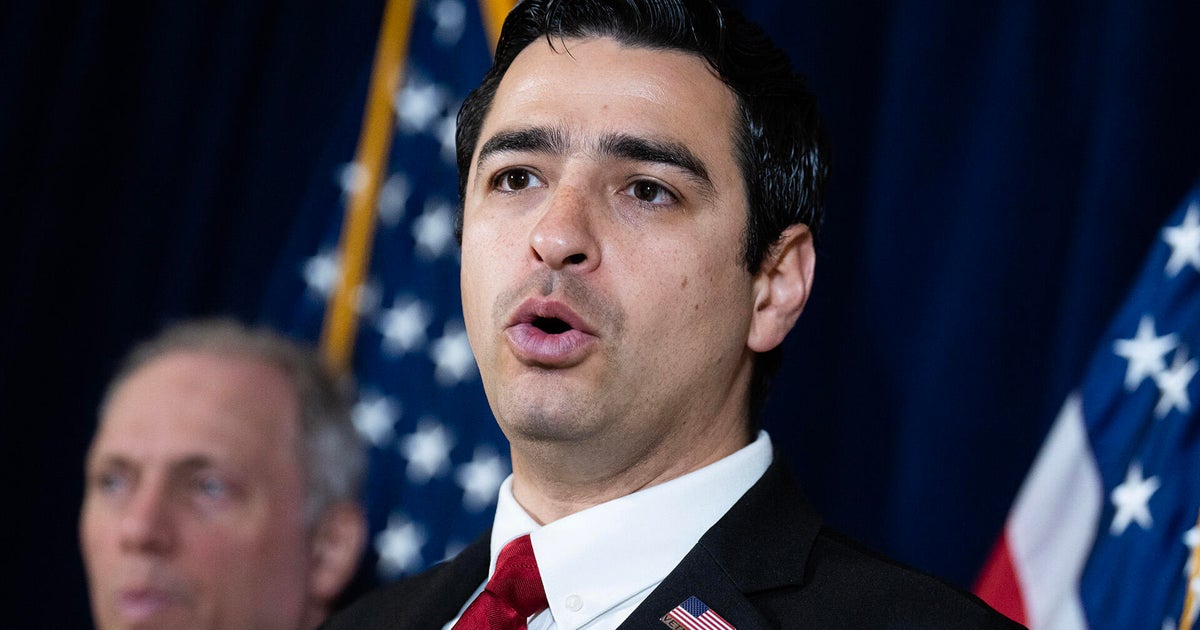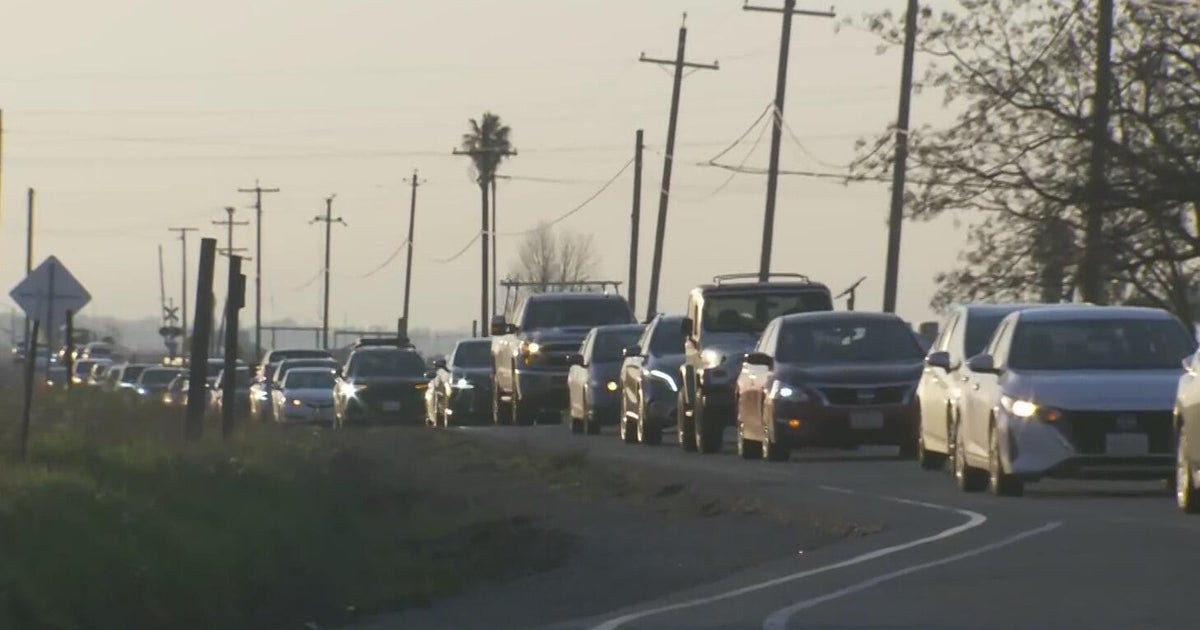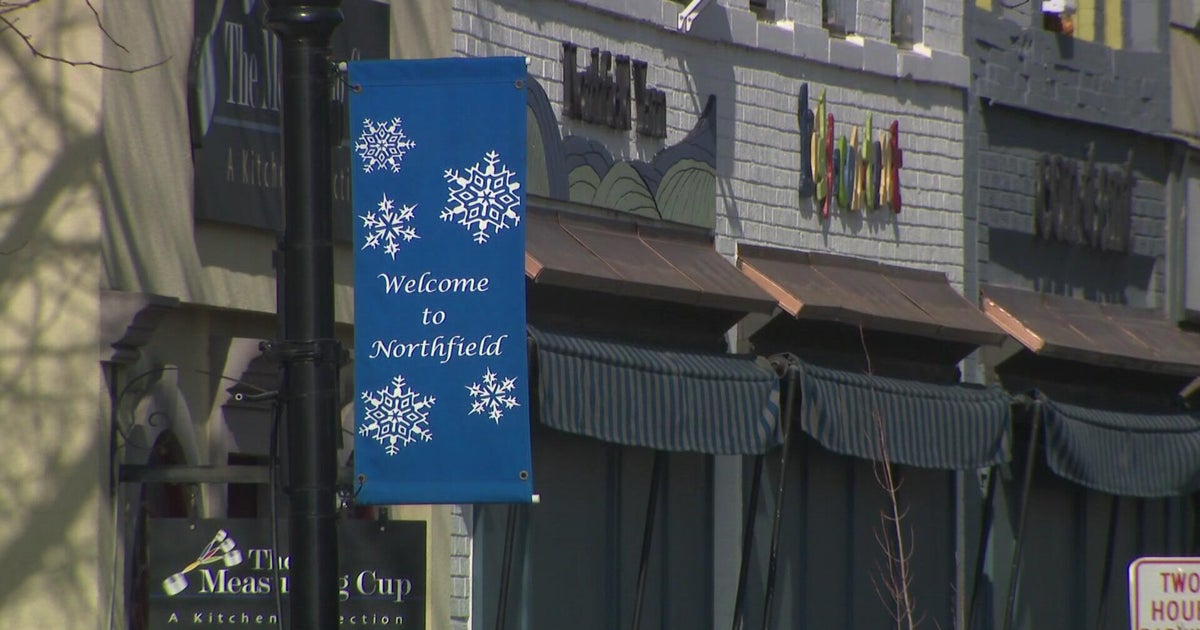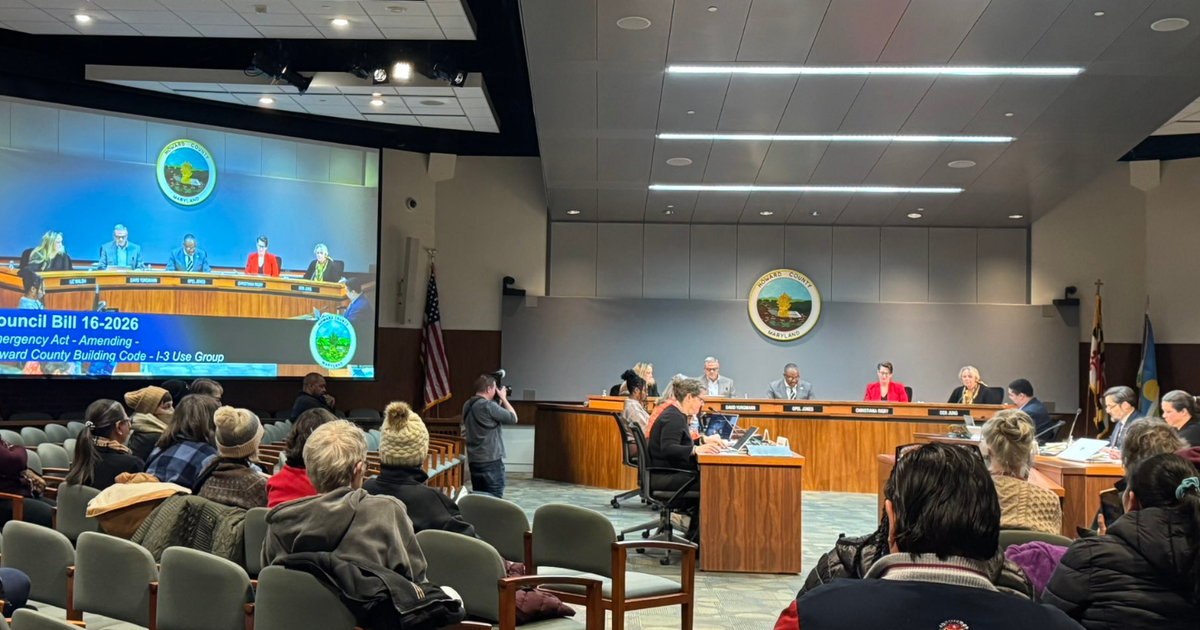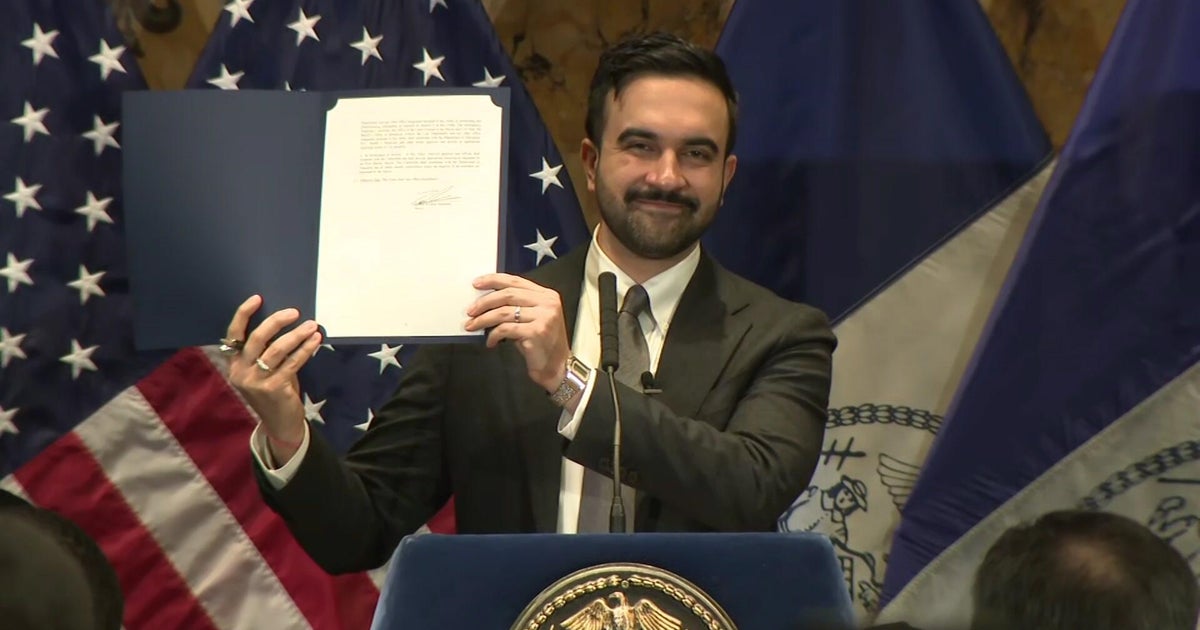U.S. Increasing Inspection Posts At Border Bridge
LAREDO (AP) - Authorities are opening seven new inspection booths for commercial traffic heading north to the U.S. from Mexico, nearly doubling capacity at the bridge that's the busiest commercial port on America's southwestern border -- and a prime smuggling corridor for drug gangs.
U.S. Customs and Border Protection says the new posts will ease wait-times on the World Trade International Bridge, where more than 3,000 18-wheelers rumble into American territory daily, about one every 30 seconds, according to the Texas Department of Transportation.
The booths should also bolster inspection of big-rigs smugglers can cram with loads of cocaine, marijuana or amphetamines hidden among everyday cargo.
"Laredo is about tractor-trailers, it's about commercial vehicles, so that's the environment the smuggler's going to try to work within," said Jerry Robinette, special agent in charge of U.S. Customs and Immigration Enforcement's San Antonio office.
The bridge links top Mexican cities, including the northern industrial hub of Monterrey, with U.S. Interstate 35, a key artery for a highway system stretching across America. The expansion is the bridge's first major infrastructure upgrade since it opened in 2000 and increases its commercial inspection stations from eight to 15.
Laredo handles more commercial traffic than any other crossing point along the roughly 2,000-mile Mexico-U.S. border. The U.S. Department of Transportation says 60 percent of all truck traffic between Texas and Mexico passes through this city alone.
Exclusively for commercial vehicles, the World Trade International Bridge is Laredo's top commercial gateway, outpacing two other local bridges that process some commercial traffic. Most of the 18-wheelers using it travel short distances between warehouses in Laredo and those across the Rio Grande in Nuevo Laredo. Long-haul trucks in Mexico and the U.S. head to the holding areas and drop off their cargo for the short-hop across the border.
The bridge is so congested with commercial traffic, however, that customs agents can fully screen only a fraction of the trucks rolling through. That makes it a coveted drug smuggling route, one so valuable that Laredo is at the center of a yearslong turf war between the Gulf Cartel, which has traditionally controlled the area, and the Zetas, founded by Mexican military deserters who once served as Gulf Cartel enforcers but now run their own syndicate.
"The roads leading to these ports are what they're striving to control," Robinette said.
A brutal drug war has killed more than 34,600 people in Mexico since President Felipe Calderon announced a major offensive against traffickers upon taking office in December 2006.
Monica Weisberg Stewart, chairwoman of immigration and land ports of entry for the Texas Border Coalition, said violence in Mexico has reduced traffic to and from that country in some border areas, but that wait times remain high because U.S. agents have responded to less-crowded crossings by reducing staffing. Her group represents border city mayors, county judges and economic development commissions.
She said authorities must ensure the new booths stay fully staffed.
"Congestion is huge," said Weisberg Stewart, who owns a business in McAllen, in the Rio Grande Valley southeast of Laredo. "It doesn't make any sense. If you have less people coming over, you should have less congestion."
(© Copyright 2011 The Associated Press. All Rights Reserved. This material may not be published, broadcast, rewritten or redistributed.)
